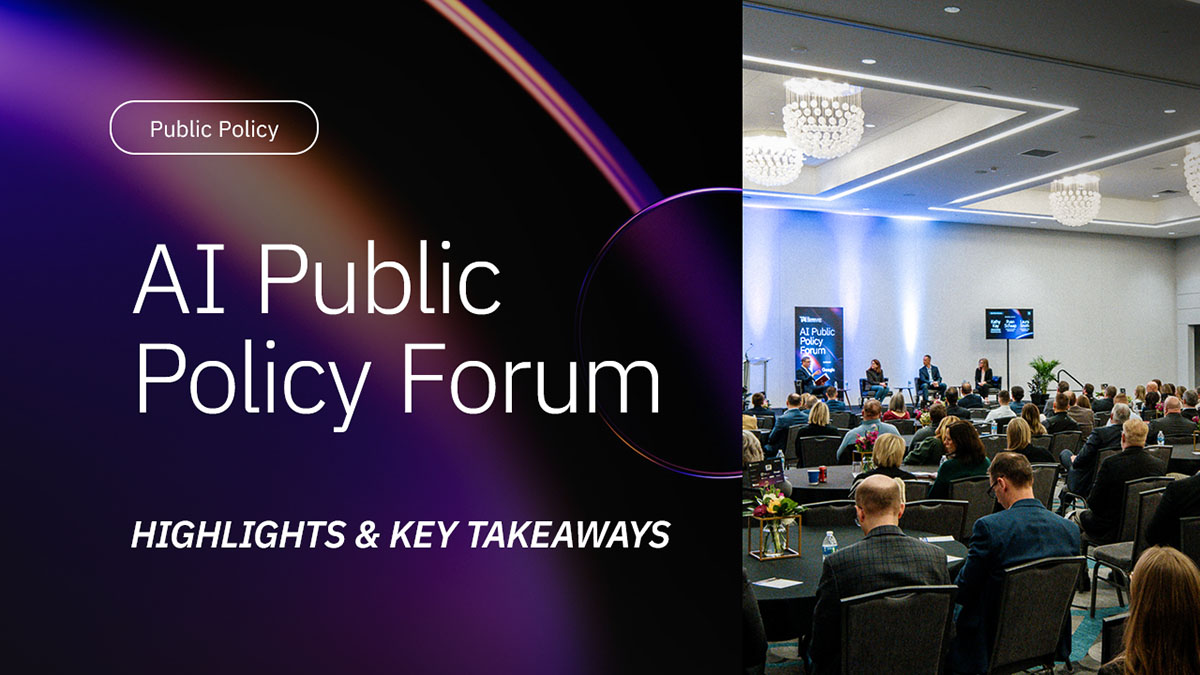Defending Big AI: Navigating Legal and Ethical Challenges
Explore the legal and ethical challenges facing AI giants as they navigate regulation and public scrutiny in a rapidly evolving technological landscape.

Defending Big AI: Navigating Legal and Ethical Challenges
As artificial intelligence technologies become increasingly powerful and pervasive, a new battlefield is emerging over who will defend the major AI companies that dominate this transformative industry. The question of “Who will defend Big AI?” has sparked intense debate among policymakers, legal experts, industry leaders, and civil society groups. This discussion centers on how to regulate, oversee, and potentially restrict the activities of AI giants like OpenAI, Google DeepMind, Microsoft, and others amid rising concerns about AI’s societal impact, ethical risks, and economic disruption.
Background: The Rise of Big AI and Growing Scrutiny
The past decade has seen explosive growth in AI technologies, driven largely by a handful of powerful companies that invest billions into developing advanced machine learning models. These firms have introduced AI systems that can perform complex tasks — from natural language understanding and image generation to autonomous driving and drug discovery. Their innovations have reshaped industries, created new economic opportunities, and accelerated automation.
However, as AI’s capabilities have expanded, so too have concerns about safety, bias, privacy, misinformation, and the concentration of power. Governments worldwide are grappling with how to regulate AI without stifling innovation, while the public demands accountability from companies whose technologies increasingly influence daily life.
In this context, the question arises: who will defend these Big AI companies legally and politically as the regulatory and public pressure mounts?
Key Challenges Facing Big AI
-
Regulatory Uncertainty
Governments are racing to draft AI regulations, but there is no consensus on standards or enforcement mechanisms. The European Union’s AI Act, expected to be finalized soon, is one of the most comprehensive efforts to regulate AI, potentially imposing strict requirements on transparency and risk management. The U.S. has taken a more sector-specific approach but is also looking at national AI strategies and oversight frameworks. -
Legal Liability and Accountability
AI companies face potential lawsuits tied to harms caused by their systems, including discrimination, misinformation, intellectual property violations, and even physical harm from autonomous systems. Determining liability in AI-related incidents is complex, especially when decisions are made by opaque algorithms. -
Ethical and Societal Concerns
Civil society groups and watchdogs demand that AI companies be held accountable for ethical considerations such as fairness, privacy, and human rights. Some advocate for independent oversight bodies to monitor AI development and deployment. -
Public Perception and Trust
Public trust in AI companies is fragile. Scandals, data breaches, and ethical controversies have fueled skepticism. The ability of Big AI firms to defend their reputations and maintain user trust is critical to their continued success.
Who Is Defending Big AI?
The defense of Big AI is multifaceted and involves several stakeholders:
-
Industry Lobbyists and Legal Teams
Major AI companies employ top-tier legal counsel and lobbyists to influence AI regulation and protect their interests. These teams often advocate for regulations that balance innovation with safety and push back against overly restrictive rules. -
Tech Coalitions and Trade Groups
Organizations like the Partnership on AI, the Information Technology Industry Council, and the AI Now Institute act as collective voices for the industry. They promote best practices and engage with policymakers. -
Academic and Research Advocates
Some academics argue for the responsible development of AI and serve as expert advisors to companies and governments, helping to shape frameworks that defend innovation while addressing risks. -
Government Allies
Certain policymakers and regulators recognize the economic and strategic importance of AI and often defend Big AI companies against overly burdensome regulations that could hamper U.S. and global competitiveness.
Industry Impact and Future Outlook
The outcome of this struggle will profoundly shape the AI landscape. If Big AI companies successfully defend their interests, they may continue to innovate rapidly with relatively light regulatory constraints. Conversely, if governments and civil society impose stringent controls, companies may face new operational challenges and legal risks.
This dynamic also influences AI’s global trajectory. The U.S., Europe, and China are each adopting different regulatory approaches, and Big AI firms must navigate this complex international environment.
Context and Implications
The question “Who will defend Big AI?” goes beyond legal defense—it touches on the broader governance of a technology poised to redefine society. The balance between innovation and regulation will determine whether AI serves the public good or exacerbates inequalities and risks.
In the coming years, expect intensified debates involving lawmakers, courts, AI companies, and the public. Transparency, accountability, and ethical stewardship will be crucial in shaping AI’s future. How Big AI’s defenders respond will either reinforce trust in AI or deepen skepticism and push for more radical interventions.
Visuals Related to This Topic
- Logos and headquarters images of leading AI companies like OpenAI, Google DeepMind, and Microsoft
- Photos of AI policy forums, legislative hearings, or public protests related to AI regulation
- Infographics illustrating the global AI regulatory landscape and key players
- Portraits of prominent AI leaders and policymakers involved in AI governance debates
These images help contextualize the high-stakes environment where Big AI’s defense is unfolding, highlighting the intersection of technology, law, and society.
The defense of Big AI is a defining challenge of the digital age, requiring a delicate balance between fostering innovation and safeguarding societal values. As AI technologies continue to evolve, the question remains: who will step up to defend the giants behind this revolution—and on what terms?



